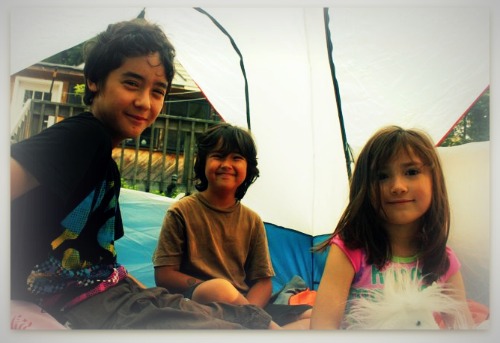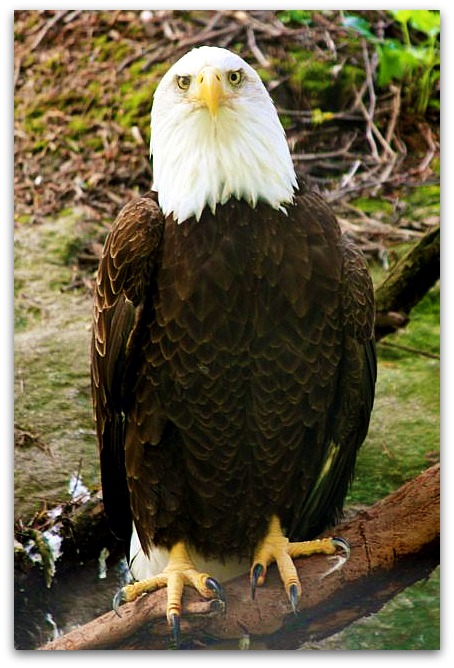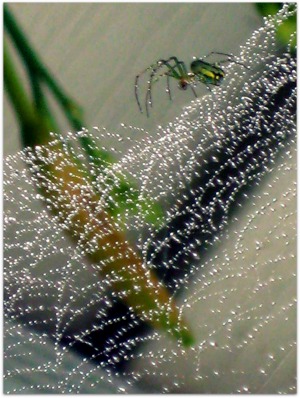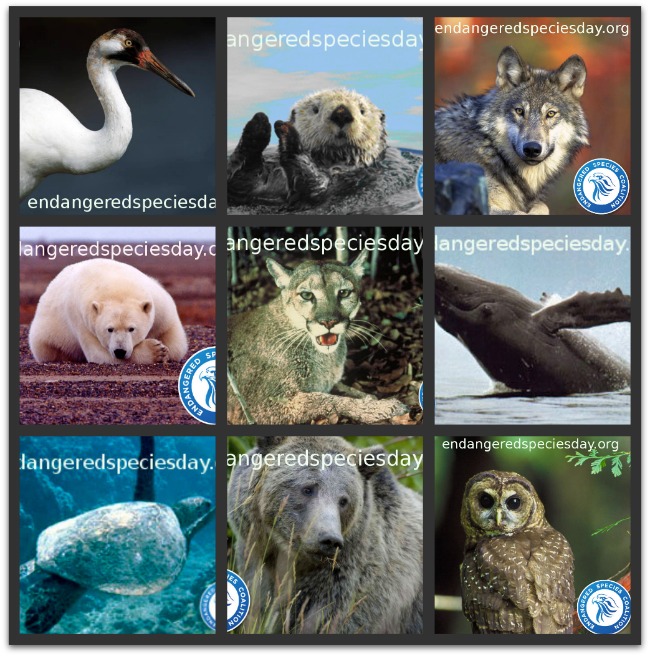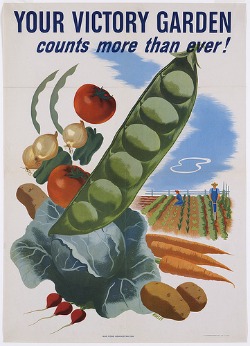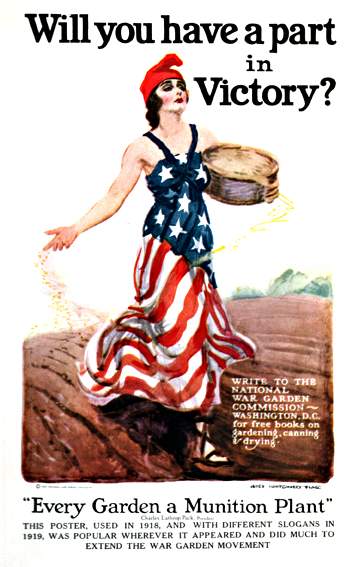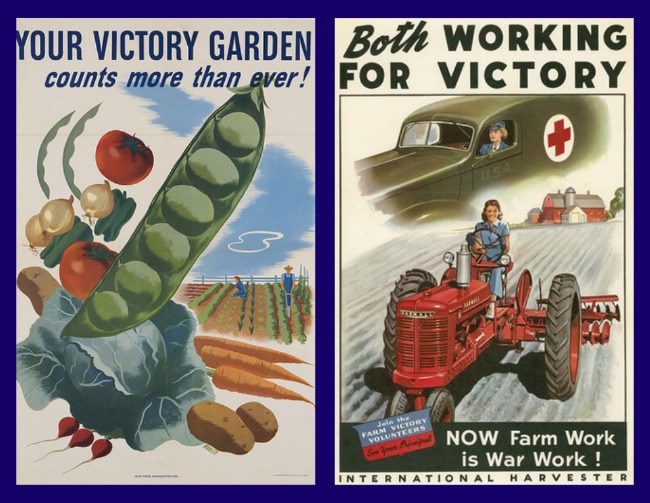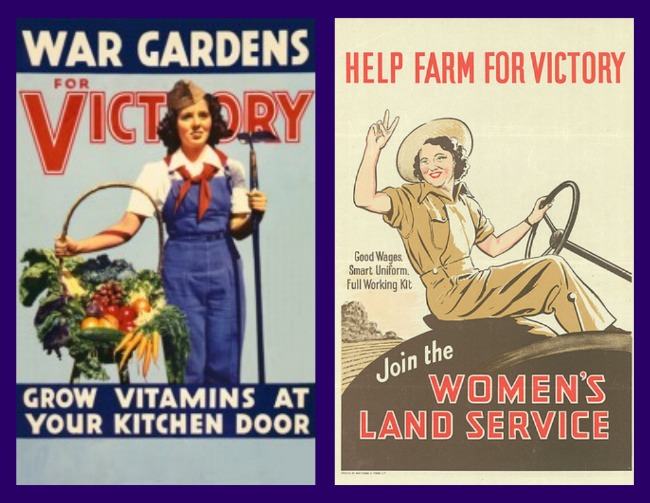Now I see the secret of the making of the best persons.
It is to grow in the open air, and to eat and sleep with the earth.
-Walt Whitman
It’s that time of year again! The Great American Backyard Campout takes place on Saturday, June 25th.
“On June 25 thousands of people across the nation will gather in backyards, neighborhoods, communities and parks to take part in a one-night event that will provide a memorable experience for all generations to connect with nature. Great American Backyard Campout reminds us all of simple pleasures we had as a child and how these memories can inspire the next generation of children to appreciate the wonders of the outdoors.”
As a kid I probably only camped half a dozen times, but those are some of my very favorite memories: the squirrels chattering, the birds chirping, the dampness of the early morning air, the fishing at the parks, the cooking over campfires and reading by flashlight, and most of all, the lying in sleeping bags after dark and talk, talk, talking to my dad.
This summer I hope to camp at a bunch of different state parks, but first we’ll participate in the annual Great American Backyard Campout, part of the National Wildlife Federation’s “Be Out There” movement. (Longtime readers will remember that last year’s campout was particularly exciting, as I played referee between The Dogness and a baby raccoon.)
The average kid spends seven hours exposed to electronic media each day.
And just four to seven minutes engaged in outdoor unstructured play each day.
That’s… just tragic.
Research has shown that spending time in nature can combat child obesity, reduce stress, generate a sense of well-being, help you sleep, and reduce allergies. (Not to mention, it’s fun. Remember fun?) Way more detail about “nature prescriptions” and the benefits of unstructured outdoor play for kids’ health here.
It’s also been established that kids spend less time in front of a screen when parents believe it’s safe to play outside. Makes sense, right? The Great American Backyard Campout is a wonderful opportunity to get to know your neighbors better. Ask around and enlist area families to join your camping team! Spend the night playing and sleeping outdoors… and maybe you’ll all be more comfortable with your kids playing together outside on a daily basis, with a collective eye keeping watch.
 Register for the campout here.
Register for the campout here.
There are a couple different ways to register:
1. Create your own team (camp with your family, invite friends and neighbors)
2. Register as an individual camper
3. Join an existing team near you. There are quite a few shared events taking place at parks and campsites across the country.
While on the site make sure to check out the recipes, nocturnal wildlife guides, campfire songs & games, nature activities, etc that they have provided. The National Wildlife Federation really does a good job helping parents prepare for a night of fun and education in nature.
Be part of something big… about 100,000 participants registered in 2010. Half were individuals & families who camped in their backyards or neighborhoods; 34% were youth groups and 16% were involved in organized campsites of 100 or more campers. I love collective efforts like this. We’re making a difference in kids’ lives, ya’ll.
There is NO COST to register and participate, but campers can opt to fundraise to support the NWF and their efforts to get kids outdoors. I went ahead and set a goal of $50, but I’d love to raise more than that. Pretty pretty please consider donating on Team Elton’s behalf.
HEADS UP FOR LOCAL PEEPS: If you’re in PA or thereabouts, and have never camped in a PA state park, you might want to look into their First-Time Camper Program. Twenty bucks will get you a camping spot for a weekend with rental of needed camping gear (tent, sleeping pads, cooking stove, etc) included. Park staff will also help you set up your tent (I need to learn to do this; Jeff has always done it for me). That’s pretty awesome.
If a child is to keep his inborn sense of wonder,
he needs the companionship of at least one adult who can share it,rediscovering with him the joy, excitement, and mystery of the world we live in.
-Rachel Carson
Are you a camping family? Any tips to offer for when I take the big plunge and camp somewhere other than my own backyard?
___________________________________________
